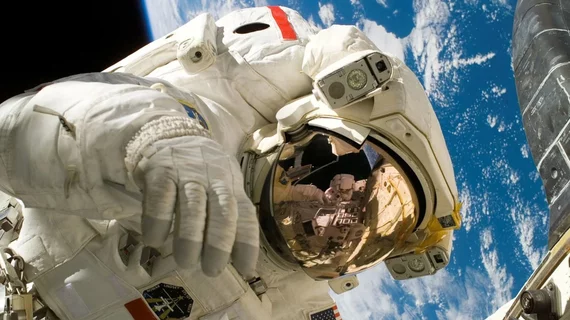NASA working with Cleveland health system on COVID response
Decontaminating PPE for frontline healthcare workers—and potentially astronauts—is the mission as the National Aeronautics and Space Administration tests two new ways to sanitize reusable masks during the coronavirus pandemic.
The agency is working on the project with University Hospitals in Cleveland.
NASA’s Glenn Research Center, which is based in the same city, announced the development June 30.
The experimental approaches use atomic oxygen, which is created by heating ozone in a chamber, and peracetic acid, a chemical disinfectant widely used in other applications.
“NASA strives to ensure the technology we develop for space exploration and aeronautics is broadly available to benefit the public and the nation,” says Glenn Center Director Marla Pérez-Davis, PhD. “If our technology can lend a hand in overcoming this crisis, we will do whatever we can to put it in the hands of those who need it.”

